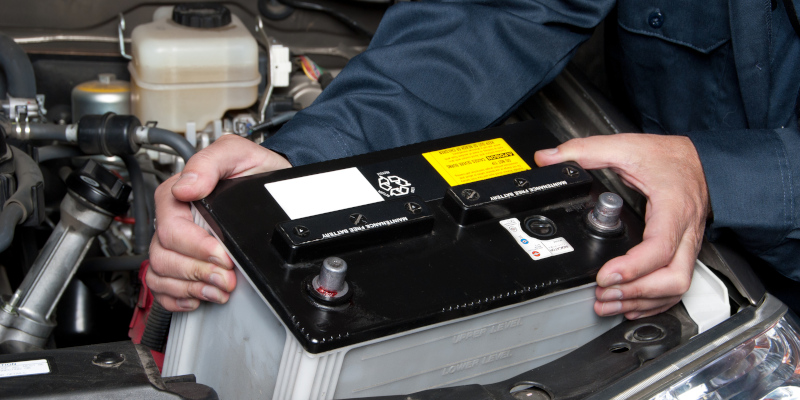Even with the rising popularity of electric vehicles, regular car batteries are still an essential component of most vehicles on the road. They provide the necessary power to start the engine and keep the car’s electrical system functioning. However, despite their importance, many people overlook their car’s battery until it fails.

Car batteries usually have a lifespan of around 3 to 5 years, depending on various factors such as the type of battery, weather conditions, and driving habits. Extreme temperatures can shorten the battery’s lifespan by causing the fluids inside to evaporate, leading to corrosion and, eventually, failure. Regular maintenance, such as cleaning the terminals and checking the electrolyte levels, can prolong the battery’s life.
One of the most common problems with car batteries is a dead battery. This occurs when the battery can no longer hold a charge. Dead batteries are often caused by leaving the lights on or not driving the car for an extended period. Another common issue is a weak battery, which can cause slow engine cranking, dim headlights, and electrical system malfunctions. In some cases, a weak battery can be recharged, but if the problem persists, it may need to be replaced.
When choosing a replacement battery, it’s essential to select one with the correct size and specifications recommended by the car’s manufacturer. Opting for a cheap battery may save money in the short term, but it can end up costing more in the long run due to premature failure and potential damage to the car’s electrical system. Car batteries are a very important part of any vehicle, and their lifespan and performance depend on proper maintenance and care. Regular inspection and prompt replacement when necessary can help prevent unexpected breakdowns and ensure a safe and reliable driving experience.



